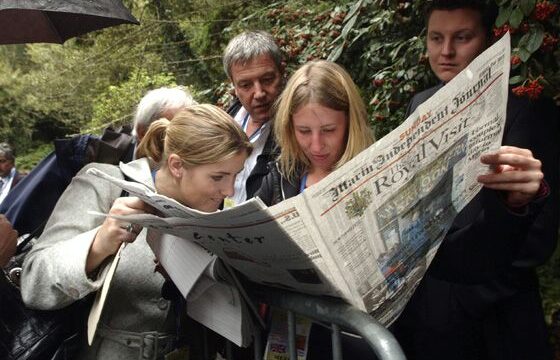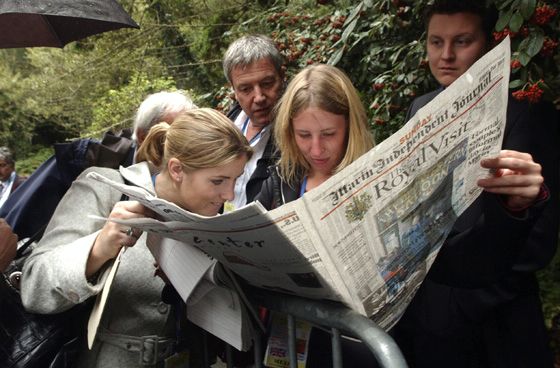FAQs
What are the roles of a diplomat?
When U.S. diplomats negotiate a treaty, attend a state dinner, or arrange a visa for a traveler to the United States, they all have the same mission—to represent the…

The U.S. Department of State leads America’s foreign policy efforts, advancing our nation’s interests and national security abroad. Diplomats represent and further the interests and policies of the United States while serving overseas.
”The Foreign Service is a career like no other. It is much more than a job; it is a uniquely demanding and rewarding way of life.“
– John K. Naland, Inside a U.S. Embassy

Becoming a Foreign Service Officer (FSO) is one way to serve as an American diplomat. The mission of a U.S. diplomat in the Foreign Service is to promote peace, support prosperity, and protect American citizens while advancing U.S. interests abroad. Any high school graduate at least 20 years of age is eligible to become a Foreign Service Officer.
The successful FSO candidate must demonstrate the skills, abilities, and personal qualities needed to be a diplomat. Diplomats have to be calm in stressful or difficult circumstances and be able to think on their feet, adjusting quickly to changing situations. They must also be able to work with people from other cultures with different values, political beliefs, and religions. Diplomats must learn one or more foreign languages during their careers.
Additionally, being a diplomat requires strong analytical, organizational, and leadership skills, good judgment, and high integrity. Finally, they must be able to communicate effectively, both in writing and orally, and be resourceful and creative problem solvers.
While there is no specific academic degree or professional experience required to become an FSO, all applicants must undergo a rigorous selection process. This consists of:
The application then goes to a Suitability Review Panel for one last look. Then, the applicant’s name is placed on the Registrar of selected candidates eligible to be offered a position in the U.S. Foreign Service.
The U.S. Department of State also employs many non-FSOs who work abroad alongside Foreign Service Officers. These are people with specialized skills needed to keep foreign missions running smoothly, such as doctors and nurses, IT specialists, security agents, construction engineers, and English teachers, among others. There is a separate selection process for these foreign service specialists.

Staying up to date with current events and following the suggested reading are ways prospective diplomats can prepare for the exam.
FSOs must be well-informed and knowledgeable on topics such as current world and national affairs, economics, history, public affairs, and management. The topics covered on the test include communication, computers, grammar, economics, management principles, mathematics and statistics, political science, U.S. society and culture, world history, and geography.
Since this knowledge is usually gathered gradually over time, the best foundation is a solid education and personal habits such as reading, learning, and expanding one’s understanding of the world.
The State Department offers a variety of internships and fellowships in Washington, DC, and abroad in our embassies and consulates. These experiences show students diplomacy in action and the day-to-day of a career in the foreign or civil service.